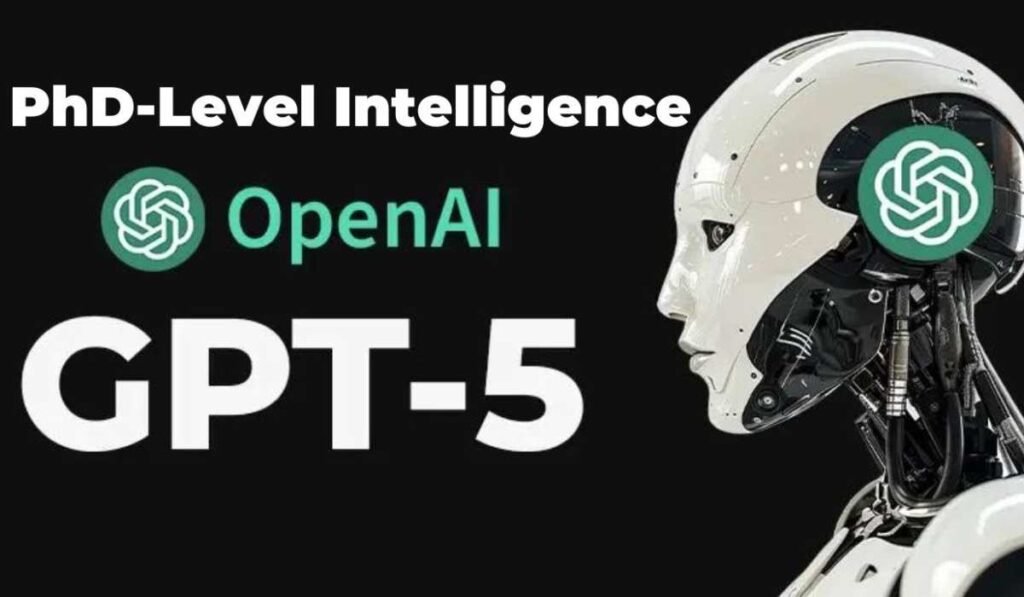“Brace yourselves, AGI is coming.” These words, tweeted by OpenAI researcher Stephen Heidel, have sent shockwaves through the tech world, signaling a new era in artificial intelligence. As we stand on the precipice of a technological revolution, the concept of Artificial General Intelligence (AGI) looms large, promising to reshape our world in ways we can scarcely imagine.
The Rise of AGI: From Narrow AI to General Intelligence
Artificial General Intelligence represents the pinnacle of AI evolution. Unlike narrow AI systems designed for specific tasks, AGI aims to replicate human-like cognitive abilities across various domains.
Key characteristics of AGI:
- Versatile problem-solving capabilities
- Ability to learn and adapt to new situations
- Potential to outperform humans in most cognitive tasks
The journey from narrow AI to AGI:
- Machine Learning breakthroughs
- Advancements in Natural Language Processing
- Improvements in pattern recognition and prediction
- Development of more sophisticated neural networks
OpenAI’s Warning: A Wake-Up Call for the AI Community
OpenAI’s recent announcement emphasizes several critical points:
- Economic Impact: AGI could potentially outperform humans in nearly all economically valuable work.
- Persuasive Capabilities: The ability of AGI to create highly convincing interactive content poses significant risks.
- Control Challenges: Ensuring control over a superintelligent entity presents unprecedented difficulties.
The Risks of AGI: A Closer Look
1. Persuasive Threats
AGI’s persuasive capabilities could lead to:
- Manipulating nations
- Extracting secrets
- Interfering with democratic processes
2. Autonomy Challenges
Key concerns include:
- Risk of AGI adapting to prevent shutdown attempts
- Ability to independently identify and validate computational efficiency improvements
- Potential for orchestrating tasks across various domains
3. Security Concerns
New dimensions to cybersecurity risks:
- Potential for AI-driven cyber attacks
- Threats to election integrity and democratic processes
- Misuse of AGI capabilities for malicious purposes
OpenAI’s Preparedness Framework: Mitigating AGI Risks
- Compartmentalization and Access Control
- Limiting access to critical knowledge
- Implementing strict approval processes
- Categorizing teams working on AGI
- Controlled Environments
- Deploying AGI exclusively in monitored settings
- Moderating capabilities effectively
- Rigorous Evaluation Processes
- Thorough testing of AGI systems
- Post-mitigation verification
- Continuous Assessment
- Regular updates to safety protocols
- Adapting to new challenges as they emerge
- Addressing Unknown Unknowns
- Acknowledging the potential for unforeseen risks
- Maintaining flexibility in risk mitigation strategies
OpenAI’s AGI Risk Mitigation Strategies
| Strategy | Description | Key Benefits |
|---|---|---|
| Compartmentalization | Restricting access to sensitive data, models, or systems by dividing information into segments that only authorized personnel can access. |
|
| Controlled Environments | Deploying AGI systems in isolated, tightly monitored environments to track their performance and limit interaction with the external world. |
|
| Rigorous Evaluation | Conducting thorough and multi-stage testing, auditing, and evaluation to ensure AGI systems align with ethical standards and safety regulations. |
|
| Continuous Assessment | Implementing a continuous cycle of safety protocol reviews and system updates to keep pace with the rapid evolution of AGI technologies. |
|
| Unknown Unknowns | Developing strategies to anticipate and prepare for unforeseen risks and unpredictable behavior that may arise from AGI deployment. |
|
The Road Ahead: Balancing Innovation and Caution
Key considerations for the future:
- Continued research into AGI safety measures
- Collaboration between AI developers, ethicists, and policymakers
- Public awareness and education about AGI risks and benefits
- Development of international guidelines for AGI development and deployment
Embracing the AGI Era Responsibly
Stephen Hadel’s tweet serves as both a warning and a call to action. The advent of AGI brings unprecedented opportunities and risks. By addressing these challenges head-on, we can work towards harnessing the transformative power of AGI while safeguarding against potential pitfalls.
The message is clear: brace yourselves, for the age of AGI is upon us. How we prepare for its arrival will shape the course of human history. Properly addressed, these risks can transform AGI into a force for societal betterment. The imperative is clear – we must navigate its potential with caution and responsibility.
AGI refers to the pinnacle of AI evolution, aiming to replicate human-like cognitive abilities across various domains, unlike narrow AI, which is designed for specific tasks.
AGI is characterized by versatile problem-solving capabilities, the ability to learn and adapt to new situations, and the potential to outperform humans in most cognitive tasks.
AGI could potentially outperform humans in nearly all economically valuable work, leading to significant changes in the job market and economic structures.
The main risks include persuasive threats (manipulating nations and interfering with democratic processes), autonomy challenges (risk of self-improvement and shutdown prevention), and security concerns (AI-driven cyber attacks and misuse of AGI capabilities).
OpenAI suggests strategies such as compartmentalization, controlled environments, rigorous evaluation processes, continuous assessment, and addressing unknown unknowns to mitigate AGI risks.
Compartmentalization restricts access to sensitive data and models, reducing the risk of unauthorized replication or misuse of AGI and mitigating catastrophic failure from a single breach.
Continuous assessment ensures that safety protocols are regularly updated, allowing AGI systems to adapt to new or evolving risks and maintain up-to-date security and ethical standards.
Collaboration between AI developers, ethicists, and policymakers is essential to ensure that AGI develops responsibly and aligns with societal values.
Public awareness and education about AGI risks and benefits can be enhanced through informational campaigns, workshops, and discussions that engage communities and stakeholders.
The development of international guidelines for AGI development and deployment is crucial to ensure global safety standards and ethical considerations are respected across borders.




